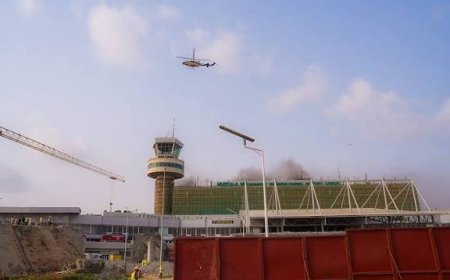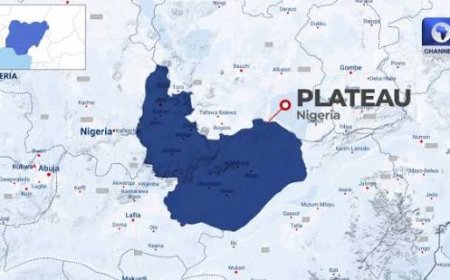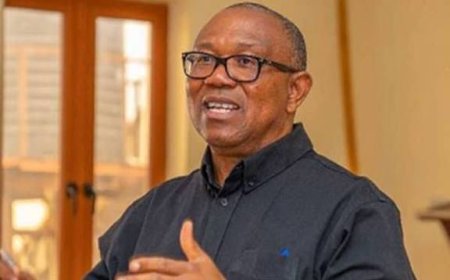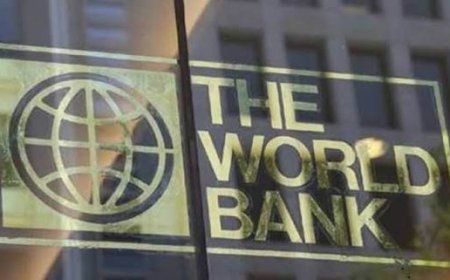W’Bank Lists Nigeria, Ukraine, Mali, Libya, Others As Economies Where People Live On Less Than $3/Day
The World Bank has lumped Nigeria together with other 38 countries as sovereign entities running economies where citizens are struggling with poverty and hunger, stressing that the twin indicators of lack are worsening due to conflict and instability.

The World Bank has lumped Nigeria together with other 38 countries as sovereign entities running economies where citizens are struggling with poverty and hunger, stressing that the twin indicators of lack are worsening due to conflict and instability.
The financial institution said that a total of 421 million people are struggling on less than $3 a day in these economies, adding that this number is higher than what’s obtainable in the rest of the world combined.
The Bank made these claims in a report released on Friday influenced by comprehensive assessment of the plight of the countries in the aftermath of COVID-19.
“This year, 421 million people are struggling on less than $3 a day in economies afflicted by conflict or instability—more than in the rest of the world combined,” the report said.
“That number is projected to rise to 435 million, or nearly 60% of the world’s extreme poor, by 2030.” the report said.
According to the report, the 39 countries affected comprise a mix of low-and middle-income economies, spread across all regions.
Some of the countries are Afghanistan, Burkina Faso, Cameroon, Ethiopia, Libya, Mali, Nigeria, Sudan, Ukraine, and Zimbabwe.
Nigeria’s is one of the 18 economies not embroiled in full-blown war 21 others are negatively impacted by what the World Bank, described as “active conflict”.
The report added that extreme poverty is growing by leaps and bounds and rubbing off on the economies, intensifying acute hunger, and pushing several key development goals farther out of reach.
Highlighting the consequences of these developments, the financial institution stated that the listed countries are falling behind all other economies in key indicators of development.
According the report, the per capital gross domestic product, GDP, of these 39 economies has shrunk by an average of 1.8 percent per year, while it has expanded by 2.9 percent in other developing economies.
While expressing concerns over the impact of conflict on an economy, World Bank Group’s Chief Economy, Indermit Gill, said for the last three years, the world’s attention has been on the conflicts in Ukraine and the middle east, adding that the focus has intensified.
“Yet, more than 70 percent of people suffering from conflict and instability are Africans. Untreated, these conditions become chronic,” Gill said.
“Half of the countries facing conflict or instability today have been in such conditions for 15 years or more. Misery on this scale is inevitably contagious.” he added.
What's Your Reaction?

































































